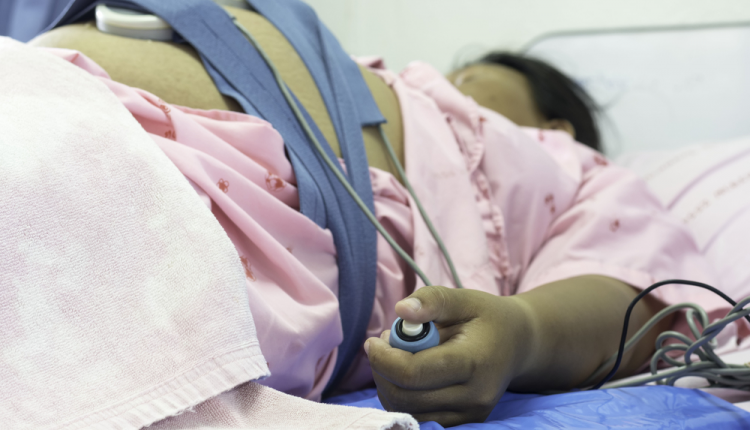What Are the Complications of Neonatal Asphyxia?
Neonatal asphyxia can be immensely damaging to children. Knowing its symptoms and how it comes about can help to protect you from medical malpractice.
Neonatal asphyxia happens when your child is deprived of oxygen at birth, and it can lead to lifelong health problems. Infants can suffer damage to their vital organs, including their brain, heart, and kidneys. They are also at a higher risk of suffering from learning disabilities, neurodegenerative disorders, and mental retardation.
Neonatal asphyxia often occurs as a result of neglect by medical professionals. When a preventable mistake was the cause of your baby’s condition, you may be able to get a settlement or court award that will compensate you and your child for your losses.
What Happens During Neonatal Asphyxia?
During neonatal asphyxia, your child is deprived of oxygen for a prolonged period of time. This prevents their cells from undergoing aerobic respiration and forces them to undergo anaerobic respiration.
A child’s cells cannot produce enough energy to sustain themselves under anaerobic respiration. The cells in their vital organs begin to die as a result. The vital organs are the first to be affected under this process, which can be devastating to your baby.
Potential Complications from Neonatal Asphyxia
If your child has suffered from neonatal asphyxia, they could face the following problems:
Cerebral Palsy
This condition arises when an infant suffers brain damage that impairs their motor abilities. While the exact causes of cerebral palsy are still unknown, a lack of oxygen can be a potential pathway for the illness.
Fetal Distress
When a child suffers from a lack of oxygen, their heart rate can increase or decrease over a long period of time.
Periventricular leukomalacia
Periventricular leukomalacia refers to the death of brain tissue due to a lack of oxygen.
Hypoxic Ischemic Encephalopathy
This condition occurs when a child’s brain is starved of blood and oxygen. This can damage organs throughout your child’s body. While they may be able to recover, in some cases this sets off a chain of events that leads to progressive damage to the affected organs.
Impaired Mental Development
A child can suffer from slower mental development or even mental retardation in severe cases of neonatal asphyxia.
Poor Motor Control or Seizures
A lack of oxygen can impair your child’s ability to develop motor control. They may also be prone to seizures.
Paralysis
Paralysis could follow an extended neonatal asphyxia event when the child’s brain is damaged.
Symptoms of Neonatal Asphyxia
Doctors won’t always be the first to detect neonatal asphyxia. New parents should also be wary of symptoms of asphyxia. Knowing what to look for can help your baby get treatment sooner. Early documentation of the condition and tracing it back to your care providers is also vital for obtaining compensation later on. If your child exhibits any of the following symptoms, they may have suffered from asphyxia:
● Elevated levels of acid in their blood
● Weakness in their breath, cry, reflexes, or overall muscle tone
● Low or unusual heart rate or rhythm
● Gasping
● Presence of meconium in their amniotic fluid, which can impair breathing
What Do I Do If My Child Had Neonatal Asphyxia?
If your child suffered from neonatal asphyxia, it’s important to record this as soon as possible. It may lead to lasting negative health outcomes and expensive medical procedures. It can also impair their ability to obtain employment later on in life.
You will also want to obtain legal representation to build a case with the hospital and care providers who were responsible for the neglect. Once you’ve done this, you can begin the process to obtain compensation.
Neonatal asphyxia can cause permanent damage to your child and leave them with a long and expensive road to recovery. Obtaining a settlement or taking their case to court can help them to recover some of what they lost at the start of their life.




